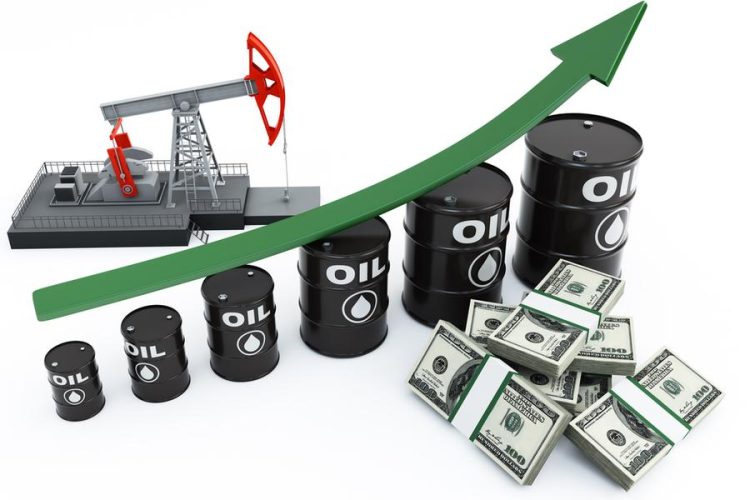Publisher: Maaal International Media Company
License: 465734
Oil prices jump amid supply disruption fears after latest attack in the Red Sea
Oil prices jumped by more than 2% today, Tuesday, in the first session of the new year, amid fears of a possible disruption to supplies from the Middle East after the most recent attack on a container ship in the Red Sea, as well as with hopes for a rise in Chinese demand.
By 1316 GMT, Brent crude rose $1.58, or 2%, to $78.62 per barrel.
According to Reuters, US West Texas Intermediate crude oil recorded $73.21 per barrel, an increase of $1.56, or 2.2 percent.
اقرأ المزيد
Economists and analysts in a Reuters poll expected the average price of Brent crude to reach $82.56 per barrel this year, a slight increase from the average in 2023, which reached $82.17, with the expectation that weak global growth will curb demand. However, prices could benefit from geopolitical tensions
The risks of the conflict between Israel and the Gaza Strip increasing into a broader regional conflict over the weekend after American helicopters repelled an attack on Sunday by militants on a Maersk container ship in the Red Sea, which led to the sinking of three ships and the killing of ten militants.
A spokesman for Danish Maersk said that the company will decide today, Tuesday, whether it will resume operating ships through the Suez Canal from the Red Sea or redirect them around Africa after an attack over the weekend on one of its ships.
“The oil price may be affected by the deterioration of the situation in the Red Sea at the weekend and the peak demand season during the Chinese New Year” in early February, said Leon Li, an analyst at CMC Markets in Shanghai.
The expansion of the conflict in Gaza could lead to the closure of vital waterways for transporting oil supplies.
Ship tracking data showed that at least four tankers carrying diesel and jet fuel from the Middle East and India to Europe were sailing a longer route around Africa to avoid the Red Sea.
In China, government data showed on Sunday that investor expectations for new economic stimulus measures increased after manufacturing contracted for the third month in December.
Any such stimulus to economic growth would boost demand for oil and support crude prices.








